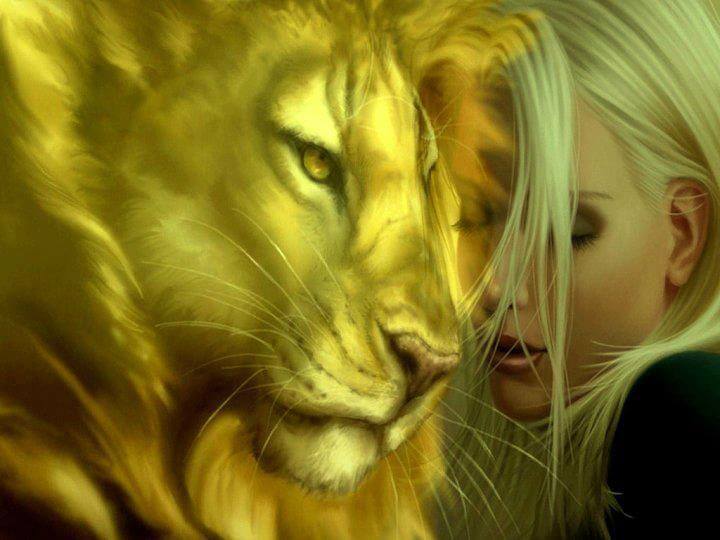Much of who we are is determined by the storms we are already going through, we tend to underestimate the lessons learned from the most difficult experiences, without stopping to think about the great positive change they can bring in our lives, and we focus only on the negatives.
We miss how we were before we went through unpleasant things, without realizing that it is inevitable to have this kind of experience in life, from which we can be defeated or strengthened.
- In fact.
- It is difficult times.
- Great disappointments and unpleasant events that reveal our true nature and lead us to be strong and resilient.
- Chance or not.
- Sometimes this storm you’ve been through has brought you back to life.
- Paradoxically and without waiting.
- After recovering from injury and great pain.
- You will be calmer than ever.
If life were quiet and easy, it would not be life, if all the peoples of the world were the same and wanted the same thing, human relations would be empty and there would be no motivation to fight and defeat. Even imagine a society plena. de justice and equality, something wonderful that we all aspire to, we would still have conflicts.
Instability is in the very nature around us and in the very nature of the human being. Not being able to tolerate ambiguity, uncertainty and conflict is a natural compound for psychological disorders. The myth of stability is nothing more than a myth.
If we are aware of this fact, we will be prepared and aware that sudden changes and events may occur. Prepared and conscious, never trained, in how they unfold in the face of good or bad events.
Sometimes when we go through a painful situation or moment, we think that the most convenient thing is to collect our broken pieces in the best possible way, thinking that we will always have to hide our own scars.
We want to get out of the pain we’ve just been through, and we associate turning the page and being strong with the fact that it shows no signs of weakness. Can anyone understand that we were once weak, that our hearts were broken into a thousand pieces, can you convey the feeling of our fragility and that they can hurt us more easily.
Western culture has much to learn from what Eastern philosophies teach us in this regard: there is no reason to hide pain, we must not associate lack of pain with the preservation of self-esteem, having gone through a difficult situation and overcoming it is a sign of pride and beauty.
When the Japanese repair broken objects, they exalt the damaged area by filling the cracks with gold. They believe that when an object is damaged and has history, it becomes more beautiful.
Traditional Japanese art of repairing broken ceramics by applying a strong glue and then sprinkling gold powder is called Kingtsugi and the result is that the ceramic is not only repaired, it is also stronger than the original piece.
Instead of trying to hide defects and cracks, they are accentuated and celebrated, as they have now become the strongest part of the room. Kintsukuroi is the Japanese term for repairing with gold or silver powder, knowing that the object is more beautiful. because it’s been damaged.
The idea is that when something precious breaks, a great strategy to follow is not to hide its fragility or imperfection, but to repair it with something that replaces gold: strength, work, virtue,, proof of imperfection and fragility, but also of resilience. and ability to recover.
We cannot know what an emotional storm represents in our lives until we are completely out of it, there are even storms that appear repeatedly and disappear completely until we are able to manage them and find refuge, assuming that the rain clouds will have the same thing. proportion like the sun’s rays.
Once again, nature gives us a real teaching: nothing is immutable and enduring, however quiet and beautiful it may be. Changes are the only rule that always seems to be enforced. Up there to here.
“Once the storm passes, you will hardly remember being able to cross it, having managed to survive. You won’t even know if the storm is really over. But one thing’s for sure. When you get out of the storm, you won’t be the same person. Only then do storms make sense.
-Haruki Murakami-
So, the next time a storm happens, is it normal to be afraid?But try to keep your head upright. If you fall and get hurt, assume this pain not as a passive or masochistic attitude, but do it consciously and selectively.
It’s the little details that can reveal a lot about you that may be helpful later. Maybe all those little bruises showed you what hurts you.
In the end, there are inevitable storms in this life, so once you’ve gone through one, get wet and maybe come out with the clearest ideas or directly with new ideas that bring you back to life.
Images courtesy of Nathalia Suellen and Fairy Tales

